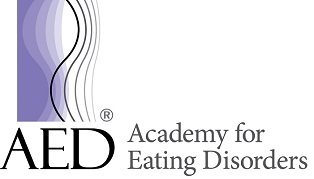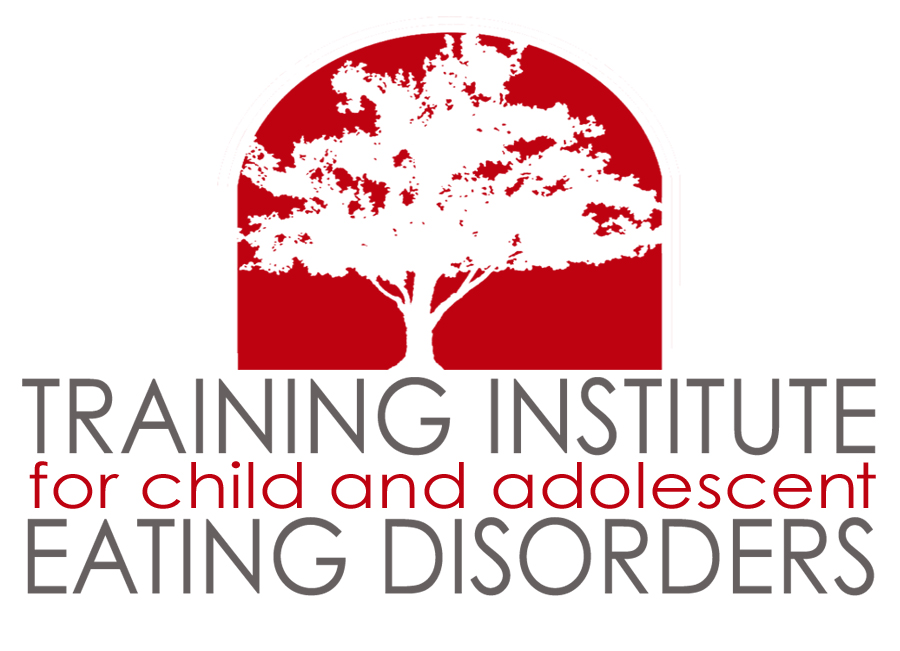Treating Anxiety
Anxiety is a mental health concern that has received a significant amount of attention in the media which has increased awareness of anxiety symptoms. This has had a positive impact on the stigma associated with anxiety symptoms which has led to an open dialog regarding to anxiety disorders.
Types of Anxiety
What may come as a surprise, is that there are several different types of anxiety disorders that have different symptoms associated with them. Anxiety treatment programs will be dependent on the specific anxiety disorder that the individual is struggling with.
SEPARATION ANXIETY DISORDER
Separation anxiety disorder occurs when an individual feels an inappropriate amount of fear or anxiety when being separated from someone they are attached to (American Psychiatric Association, 2013). This could mean that they feel distress when they know they will be separated, worrying that their loved ones will experience danger or harm, and refusal to go to work, school, or other locations without their attachment figure (American Psychiatric Association, 2013). For children, the symptoms last a minimum of 4 weeks, whereas for adults’ symptoms last for a minimum of 6 months (American Psychiatric Association, 2013)

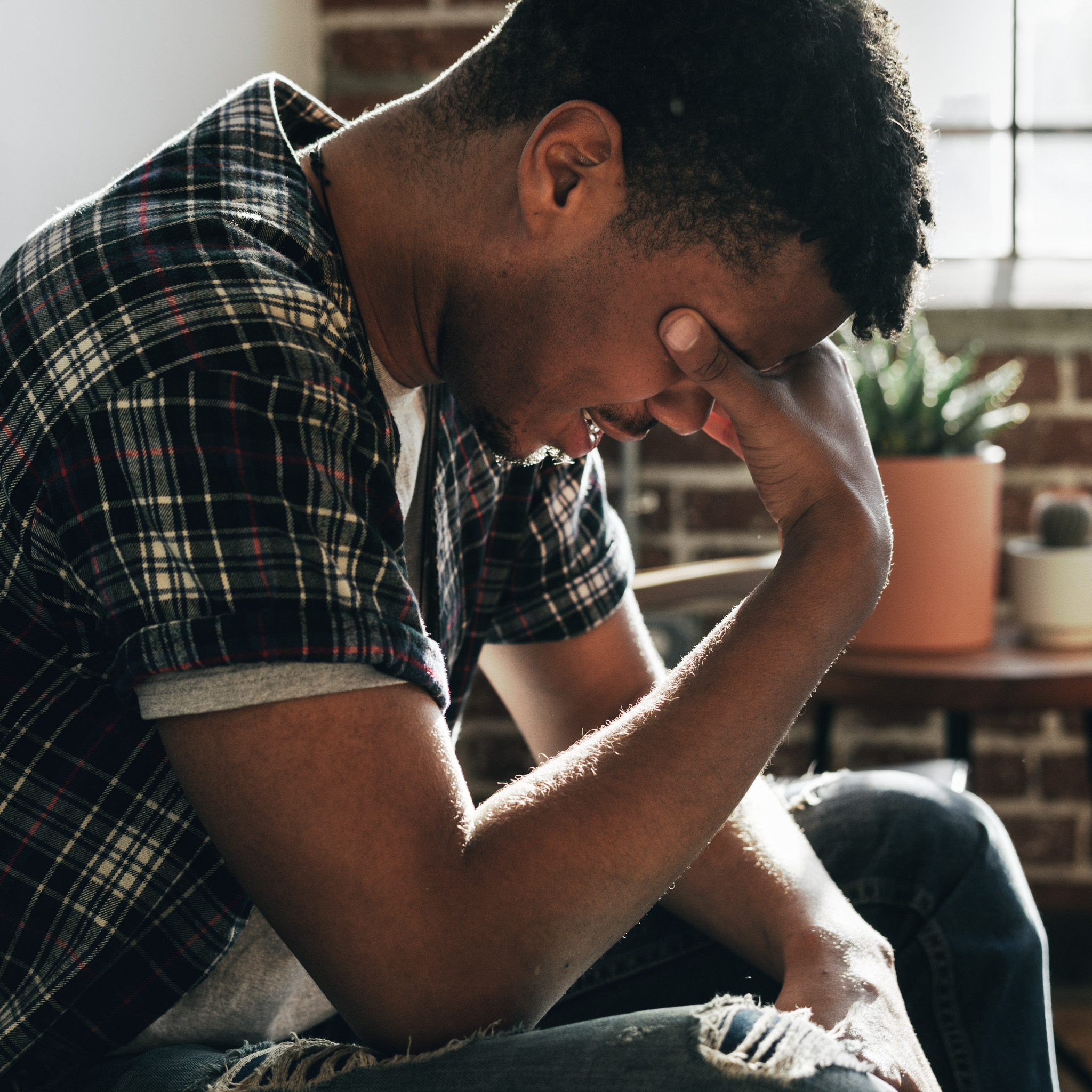
GENERALIZED ANXIETY DISORDER
Generalized anxiety disorder is characterized by having an excessive amount of worry more days than not for a minimum of 6 months (American Psychiatric Association, 2013). Other symptoms include having difficulty controlling the worry, feeling restless or on edge, fatigue, poor concentration, irritability, muscle tension, and sleep disturbances (American Psychiatric Association, 2013).
OBSESSIVE COMPULSIVE DISORDER
Obsessive compulsive disorder is not considered an anxiety disorder; however, symptoms may present similarly to anxiety disorders. Individuals living with obsessive compulsive disorder can struggle with obsessions, compulsions, or both. Obsessions are described as persistent thoughts that are difficult to suppress or relieve (American Psychiatric Association, 2013). Compulsions are described as repetitive behaviors that they feel driven to engage in (American Psychiatric Association, 2013). The symptoms that a person experiences will take up a lot of their time, and cause them distress.
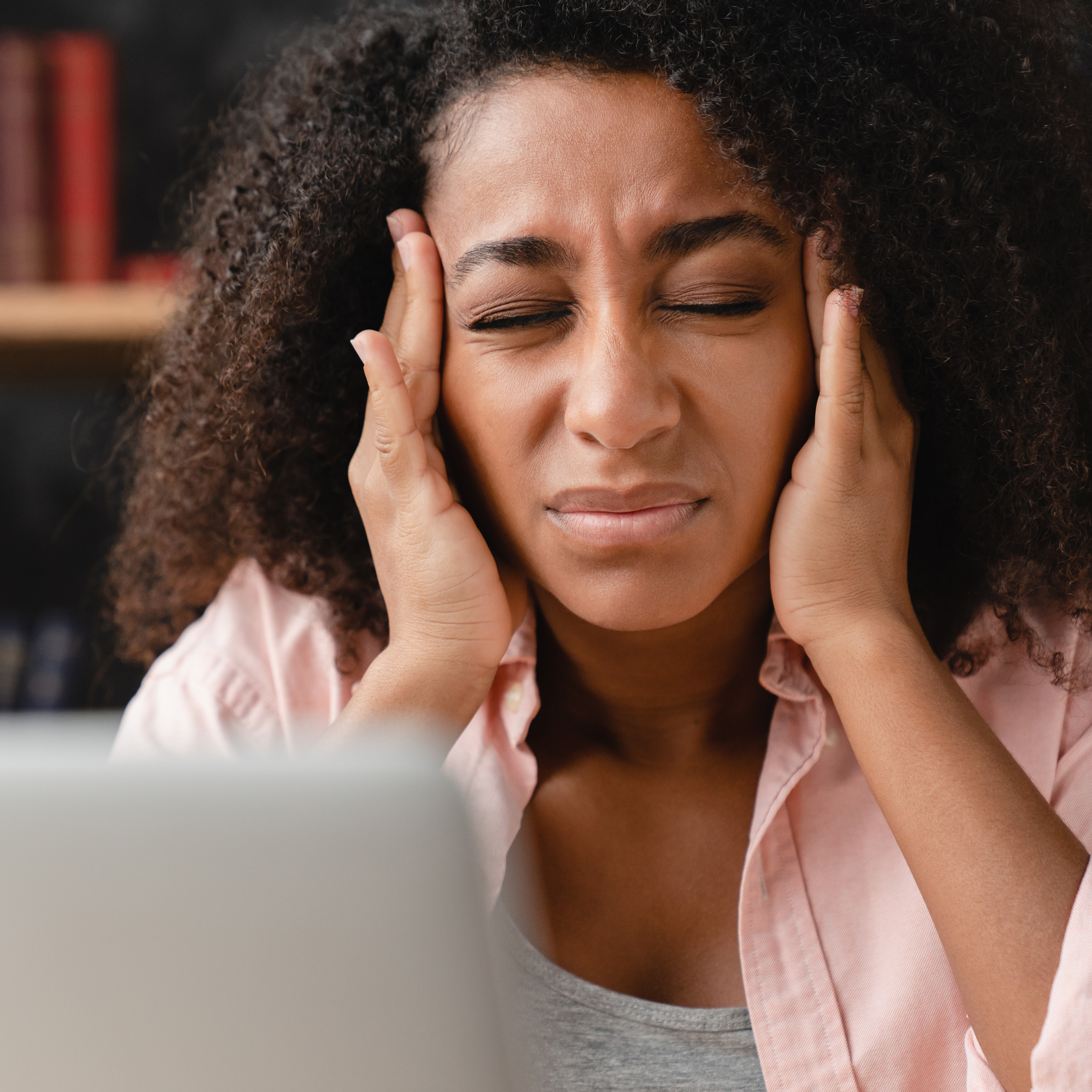
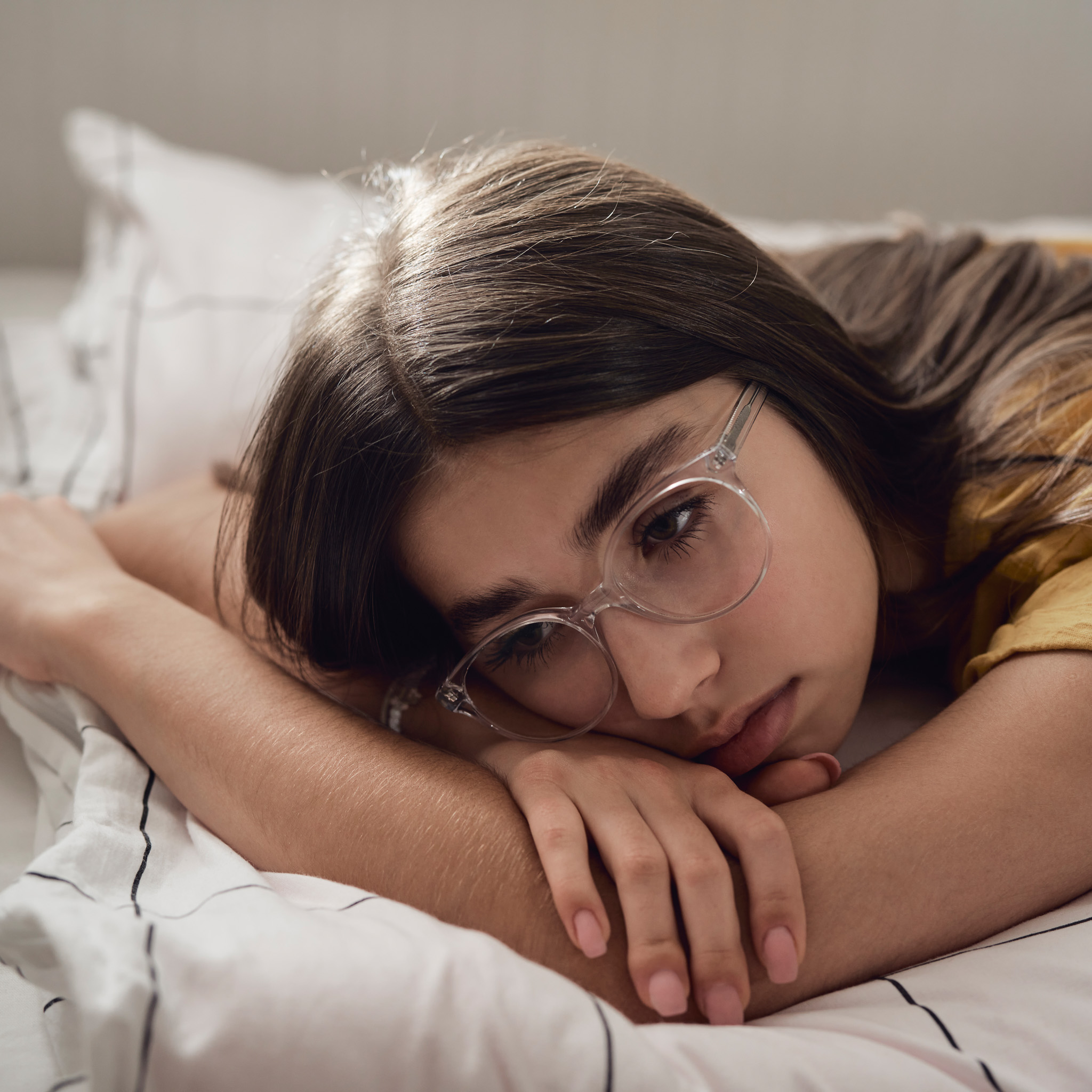
PANIC DISORDER
Obsessive compulsive disorder is not considered an anxiety disorder; however, symptoms may present similarly to anxiety disorders. Individuals living with obsessive compulsive disorder can struggle with obsessions, compulsions, or both. Obsessions are described as persistent thoughts that are difficult to suppress or relieve (American Psychiatric Association, 2013). Compulsions are described as repetitive behaviors that they feel driven to engage in (American Psychiatric Association, 2013). The symptoms that a person experiences will take up a lot of their time, and cause them distress.
POST-TRAUMATIC STRESS DISORDER
Similar to obsessive compulsive disorder, posttraumatic stress disorder (PTSD) does not fall into the category of anxiety disorders. However, some of the symptoms may resemble anxiety. PTSD can develop after a person is exposed to death, death threats, serious injury, or sexual violence (American Psychiatric Association, 2013). PTSD is a complex mental health concern with a wide range of symptoms. For example, individuals may struggle with flashbacks, nightmares, avoidance of distressing memories, feeling detached, and hyperviolence (American Psychiatric Association, 2013).

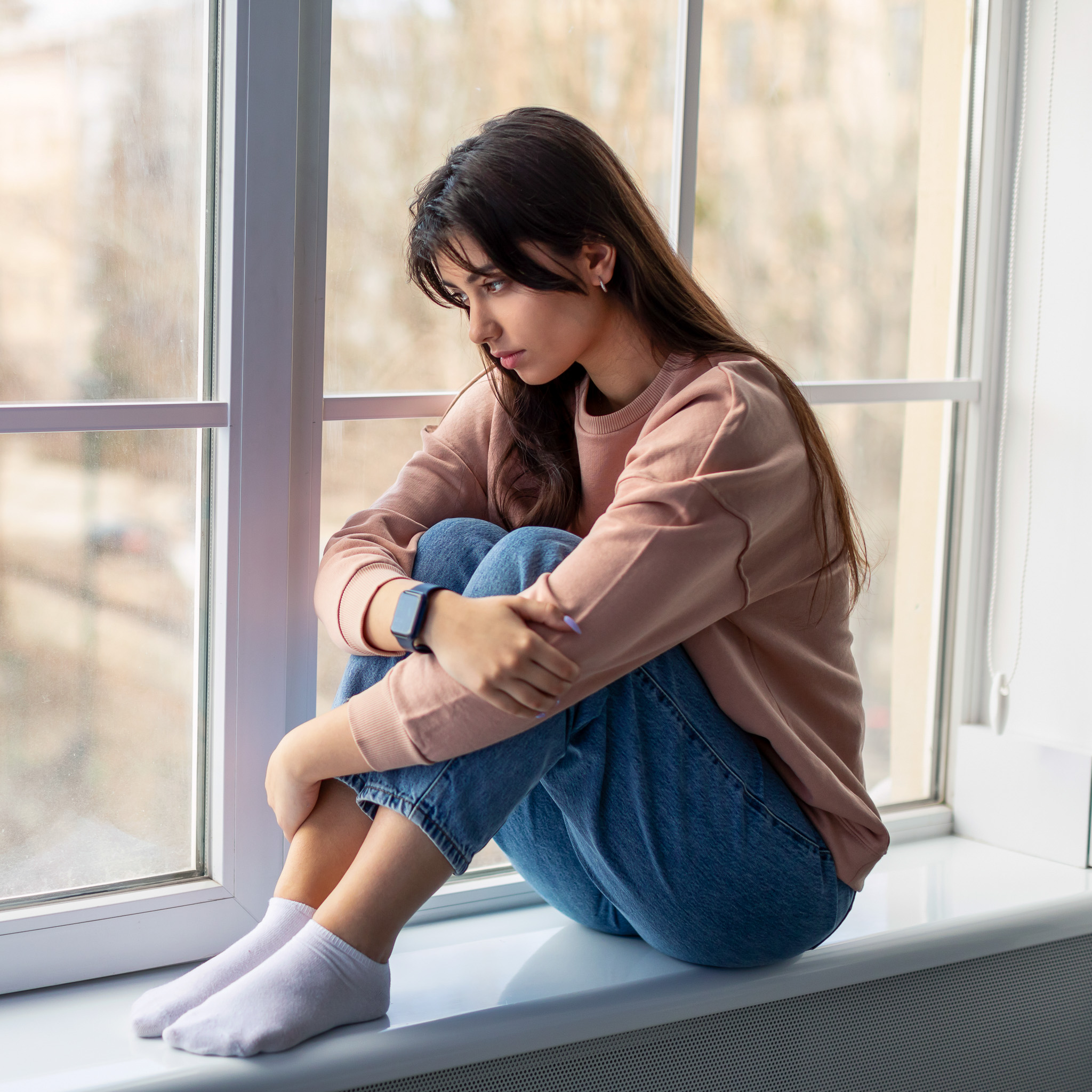
SOCIAL ANXIETY DISORDER
Social anxiety can be described as feeling anxious or worried about situations that the individual could be judged or scrutinized by others (American Psychiatric Association, 2013). This can occur in social situations, while performing, or by being watched by others. Individuals worry that if others can pick up on their anxiety in these situations that they will be seen in a negative light. Social anxiety can cause a significant amount of distress and impact a person’s social relationships, romantic relationships, and their career.
PHOBIAS
Phobias occur when an individual experiences significant fear or anxiety regarding a specific situation or object. The situation or object will always lead to fear or anxiety, which leads to the individual doing their best to avoid the situation or object. The symptoms associated with a specific phobia will have a significant impact on a person’s day to day life and last more than 6 months (American Psychiatric Association, 2013).
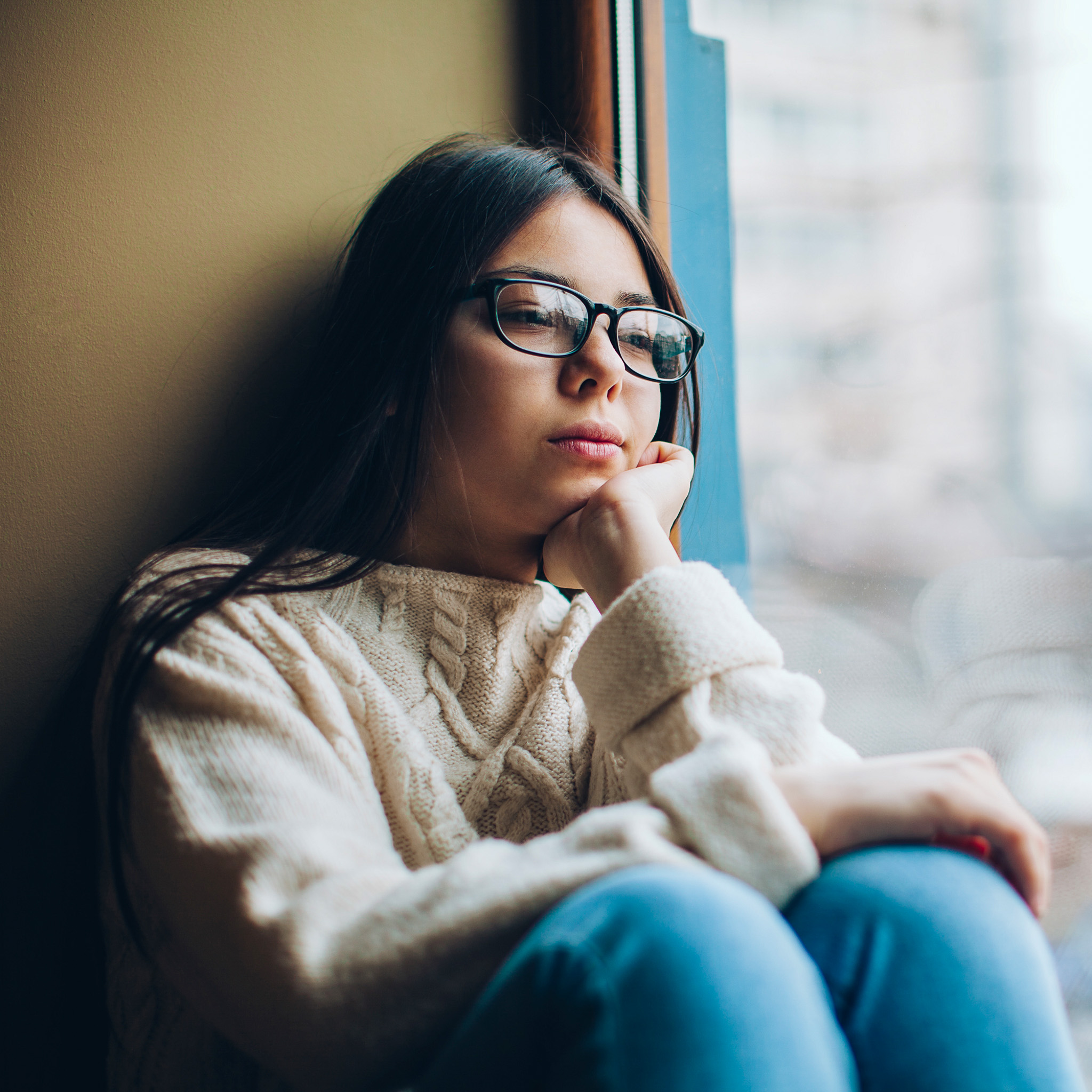
How We Treat
effective recovery is one step away
Resilience DBT & Eating Recovery are a team of Outpatient Therapists in New Jersey, Florida, Maryland. Our therapists are ready and equipped with clinical services to provide healing for a variety of mental health concerns.
At Resilience DBT & Eating Recovery, we are equipped to provide you with a tailored approach to anxiety treatment. Our staff is trained in a variety of therapeutic approaches that have been clinically proven in their effectiveness in anxiety treatment. We recognize the individual differences that occur with anxiety disorders and believe that you get the most from treatment when we work together to develop your treatment plan and goals.
How do I begin?
Our team is dually and expertly trained in the Treatment of Eating Disorders and DBT for Mental Health. Our Evidenced-Based approaches include FBT, CBT-E, DBT-ED, and Comprehensive DBT for co-occurring mental health conditions. Our outpatient practice has helped Children, Teens and Adults achieve full Eating Disorder Recovery and Mental Health Stability for over 25 years.
1
Schedule your 15 minute free phone consultation
This phone screening is highly confidential to help determine if coming to the Resilience practice is the best course for you or your loved one.
2
Complete an Expert and Comprehensive Intake
During your intake appointment we will gather more information to identify your stressors and needs. And work with you to develop your resilience treatment plan.
3
Get connected with Your Personalized Care Team
Meet with a practitioner to get started on your journey of healing and wellness you know you deserve.


